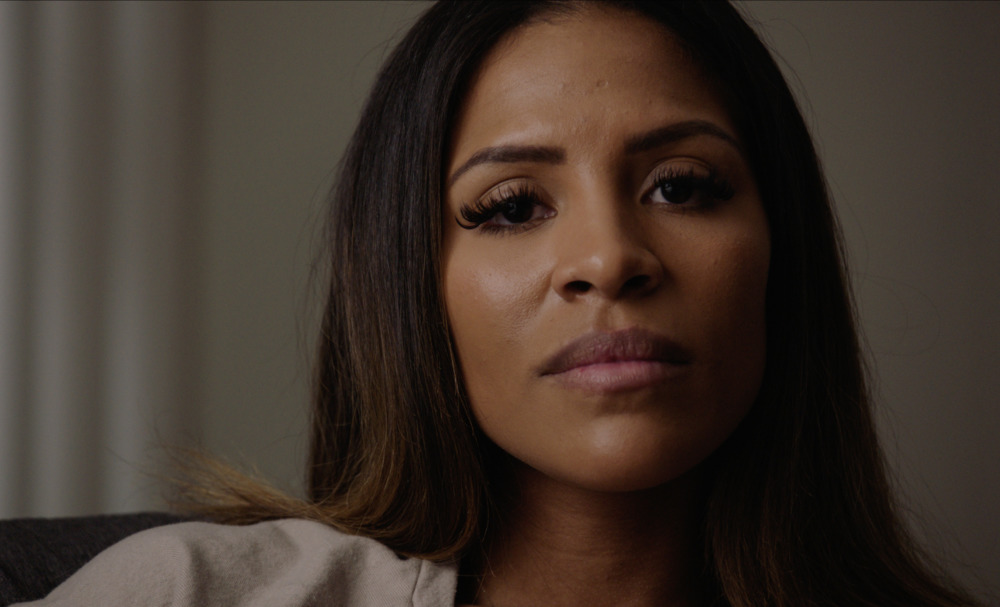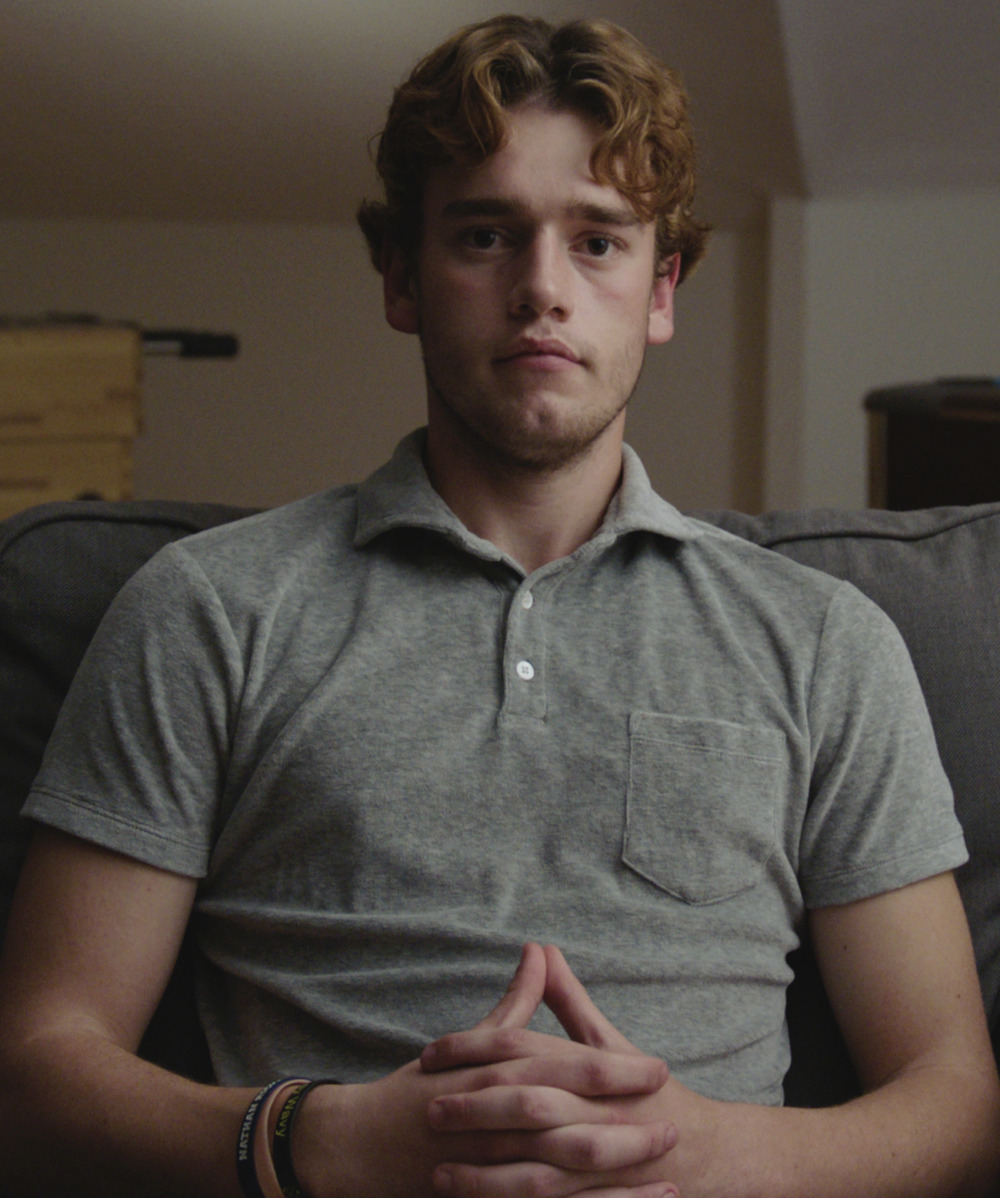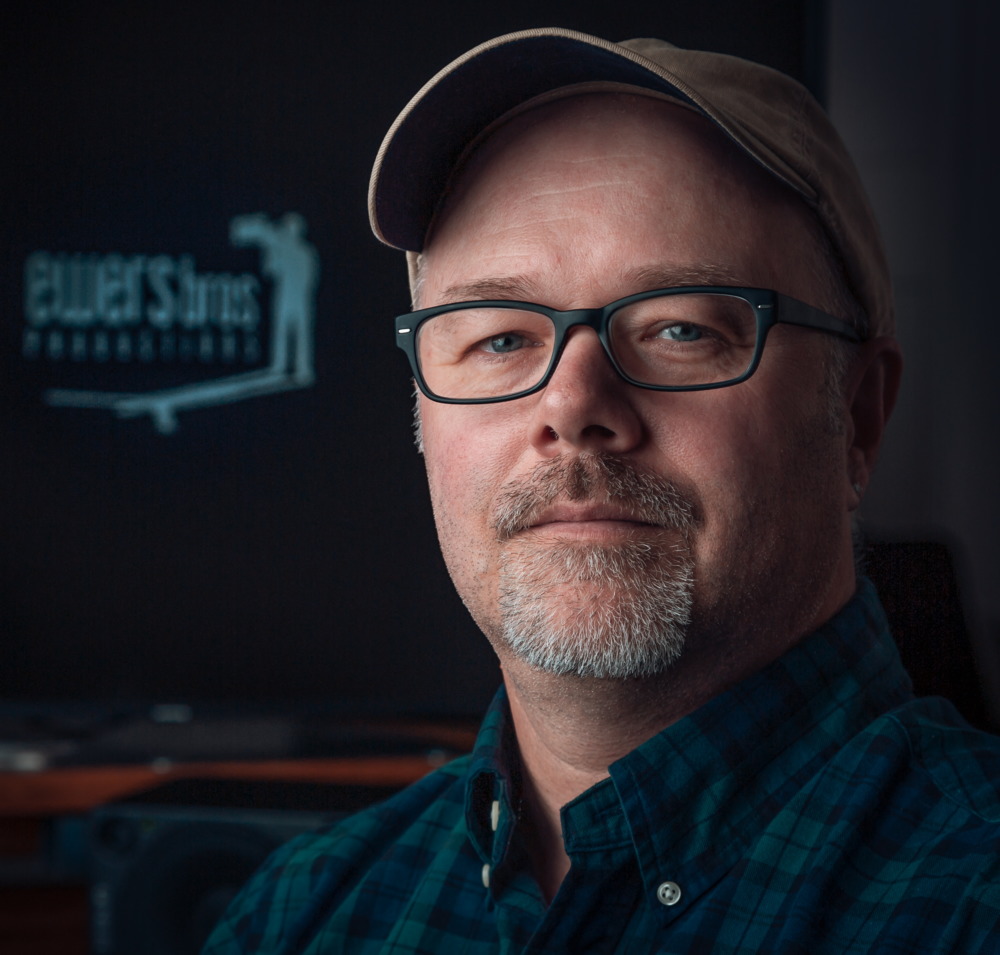Several youth and young adults discuss mental health in this clip from the PBS documentary, “Hiding In Plain Sight: Youth Mental Illness.” (Video courtesy of PBS)
In “Hiding In Plain Sight: Youth Mental Illness,” Emmy-winning filmmakers Erik Ewers and Christopher Loren Ewers probe how 20 people, then aged 11 through 27, navigate what the U.S. Surgeon General in 2021 described as the nation’s youth mental health crisis.
 The two-part PBS documentary, executive-produced by documentary film celebrity Ken Burns, precedes what the Ewers brothers say is their coming look at the mental health of adults, including those who are parenting.
The two-part PBS documentary, executive-produced by documentary film celebrity Ken Burns, precedes what the Ewers brothers say is their coming look at the mental health of adults, including those who are parenting.
Youth Today’s Patrick Riley interviewed Erik Ewers, the film’s co-director, who has struggled with mental health since his own childhood, and two individuals spotlighted in the two-part series. Hospitality industry manager and master of social work graduate student Makalynn Powell, as a teen, became addicted to the substances she took to self-medicate her bipolar disorder. Collin Cord’s best friend and high school basketball teammate — bullied and battling peer pressure — died by suicide.
This is an abridged version of that interview.
The Interview
Why did you undertake this project?
Ewers: My parents sent me to a psychiatrist when I was eight years old and I believe something changed in me for the better. But nothing changed in my dysfunctional family, and I fell right back into the damaged child they’d detected. I thought everything was my fault. I didn’t play with a lot of kids. I liked to be alone. All of that damaged my childhood and my adult relationships.
I often tear up when I talk about it. I’d been diagnosed with severe anxiety. Been medicated for 22 years. I also have obsessive-compulsive disorder and repetitive thinking.
These young people taught me to speak out about my own issues with confidence. This project is very personal.
Makalynn? Collin? What has the project revealed to you about yourself?

Makalynn Powell (PBS)
Powell: I am not my bipolar disorder or addiction.
This film shows that we have to start looking at people as people, and not their diagnoses. I have spent a lot of time working on finding me over the last ten years. And it took a lot of time to learn that there are layers to how we are made up.
Cord: Being so young when my friends and I went through this tragedy, we never really learned how to cope. This work is certainly helping us to deal with the grief and is aiding other people.
There’s hope and resilience in my best friend Nathan’s story.
I enjoy being that light at the end of the tunnel in the film and in my current life.
What are young people contributing to the broad public discourse about stigma? About de-stigmatizing mental illness?
Ewers: In the documentary’s first episode, “The Storm,” each young person tells their own story — the bad, the reality of what it is, how it feels, and where it possibly came from — and that part of the film ends in crisis, with each of our young people feeling like something wasn’t right in their story.
Then, we have the second episode, “Resilience.” Many of the young people show us how they got to the light at the end of the tunnel. And they tell how this complicated journey — which is different for everyone — gets them to feeling good about themselves as they manage their mental illnesses.

Collin Cord (PBS)
Cord: Nathan had stayed quiet about his feelings until the end.
A mentor encouraged us to start the Every Student Initiative, which advocates for more mental health resources for students in the schools.
And we got a suicide prevention bill signed into law in Rhode Island. The Nathan Bruno and Jason Flatt Act requires annual training in suicide awareness and prevention for all public school teachers, other school personnel [including volunteer coaches and such] and sixth- through 12th-grade students. [Editor’s note: Rhode Island’s legislation was modeled after Tennessee’s Jason Flatt Act, named after a 16-year-old who died by suicide in 1997.]
Powell: We have issues that we are trying to navigate in a world that wasn’t set up for our success.
When we say we are going through something, we want our experiences validated. No more hush-hush. We are talking about things that people have refused to acknowledge or have tried to downplay.
As a Black woman, Makalynn, what is your take on how stigma appears in the Black community? In that community’s willingness — or not — to get help for mental illness?
Powell: For people of color, it can seem like pointing out another flaw. Somebody who looks like me, with my background — a father in and out of the criminal justice system — it’s like saying, “There’s another thing wrong with her.”
It isolates or others me from the rest of society. I used to think it would hinder my success. But since this film has aired, it’s done nothing but propel me in my professional realm.
What about the upcoming documentary?

Erik Ewers (PBS)
Ewers: This is a lifelong mission … We need to do the adult story and the story of aging people, as well.
The first episode of “Hiding in Plain Sight: Adult Mental Illness” will be titled “A Common Struggle.” We’ll follow adults on their own mental health journeys. We’ll see how much work the mental health system in America needs to do. We’ll take a deeper dive into the government’s role in dealing with this.
In the film, Dr. Sarah Vinson, a clinical psychiatrist, said it best, and in light of mental distress caused by the COVID-19 pandemic, social unrest and political divisions: “We were not prepared for the looming mental health crisis before 2020. And we’re certainly not ready after 2020 … This is something that is not [seen as] on the same level as physical health. It’s being brushed under the carpet.”
***
Patrick Riley is a New Jersey-based, awarding-winning broadcast journalist and author who has worked for, among others, BET, Black News Channel, ESPN, NBC and The Oprah Winfrey Show.





























